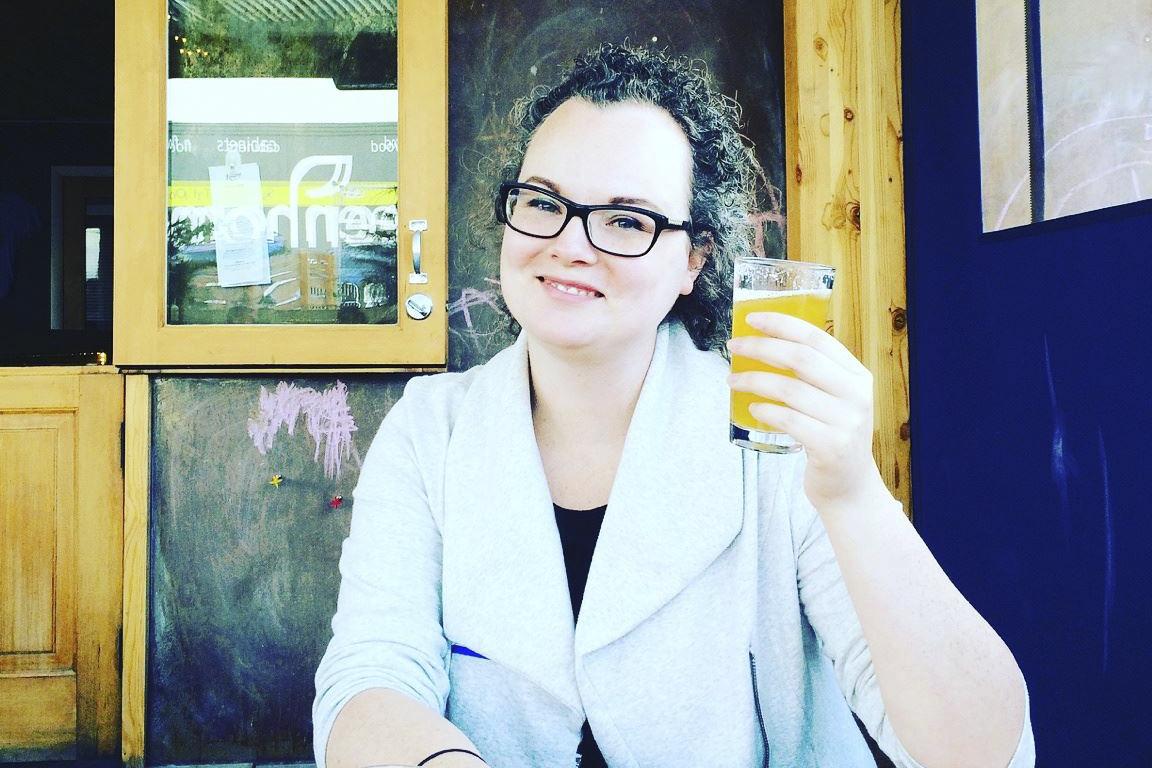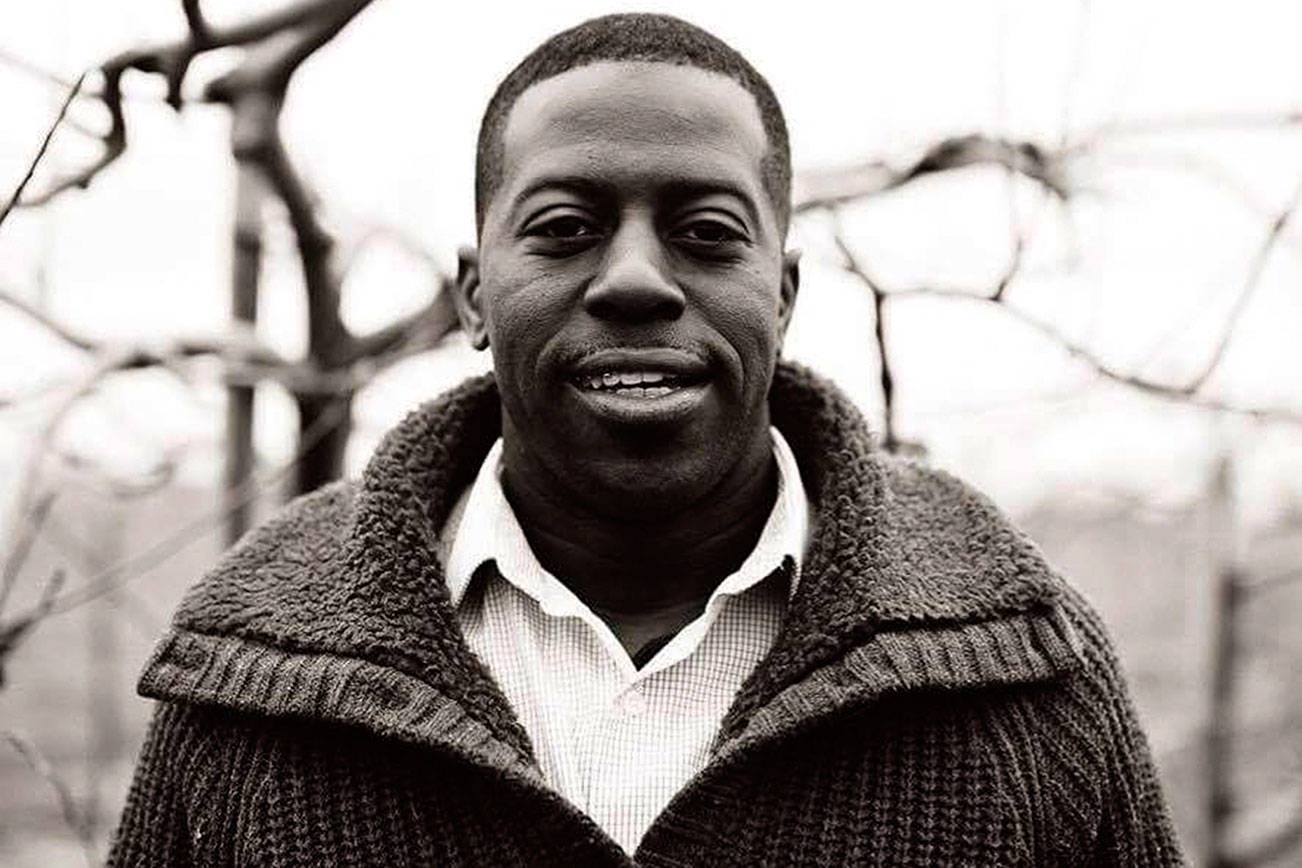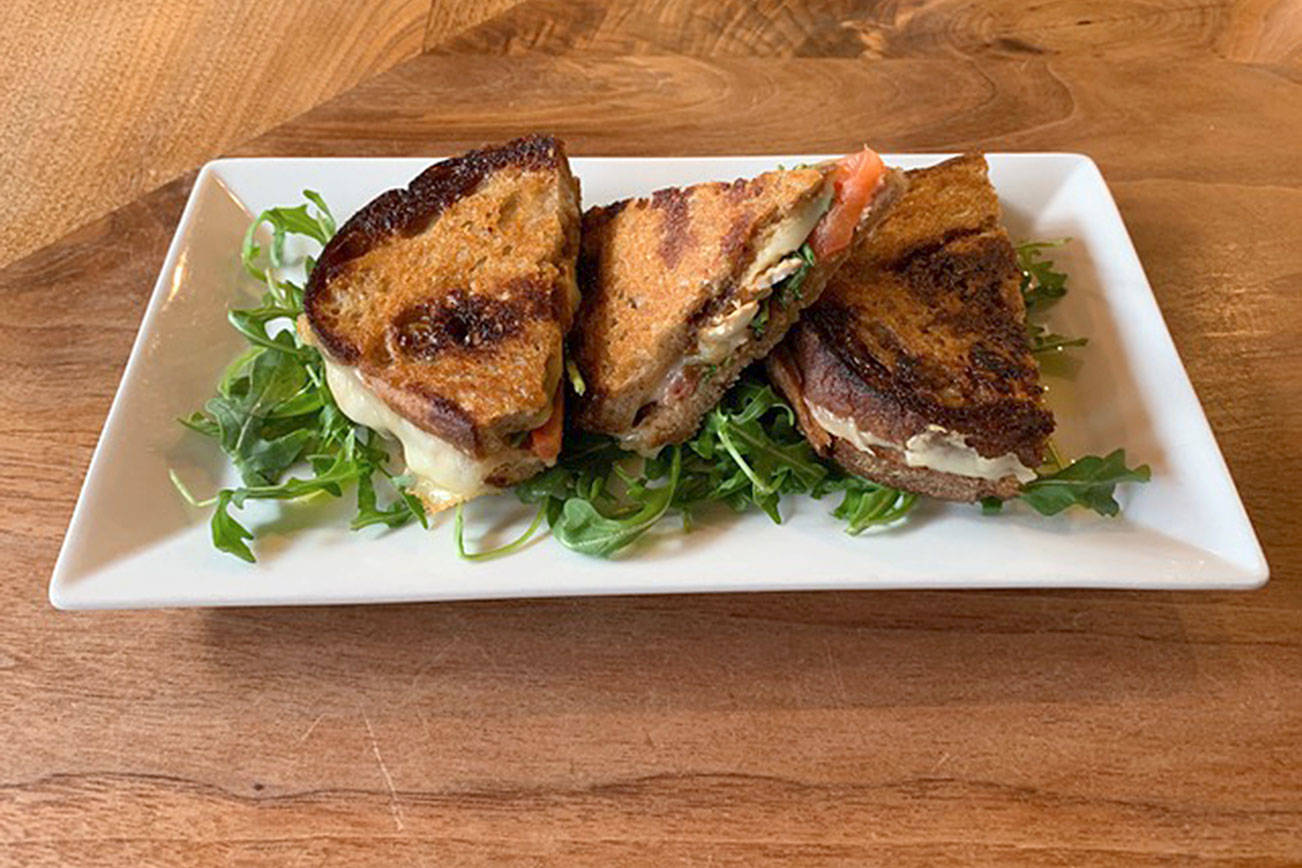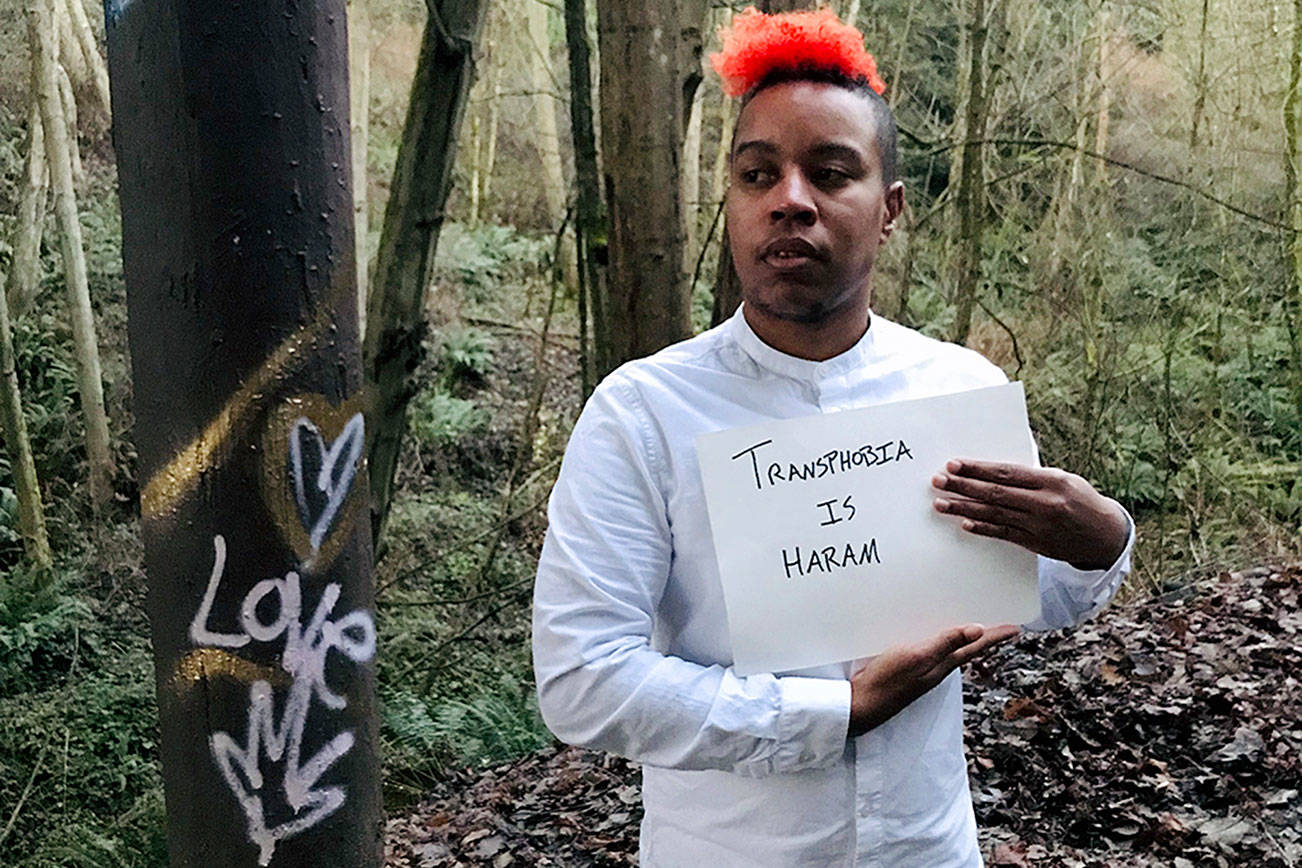In the world of beer, one word is growing in popular recognition. And, perhaps surprisingly, it’s not a style or a brewery. It is, rather, the title of beer expert: a cicerone.
It’s the beer equivalent of sommelier, or wine expert. Perhaps you’ve heard of it, perhaps you haven’t. But what is a cicerone, exactly? How does a person become one, and what happens after that?
To answer these questions, we tracked down Lindsey Scully, a Seattle resident, a Certified Cicerone, and former beertender at Ballard’s beloved Stoup Brewing—which, it should be noted, was co-founded by Robyn Schumacher, the first-ever female cicerone in Washington and a mentor of Scully’s. When Scully, who says she’s long had a passion for craft beer, first began to study for cicerone certification in 2013, she was not yet in the beer industry. She began the process, she says, to get an edge in the field. “Brewing is still considered a gentleman’s industry,” she says with a wry smile. “Being a lady trying to break in, I wanted to have that extra hand up.”
And it worked. Scully achieved the program’s first level, giving her the title of Certified Beer Server; the other three levels are Certified, Advanced, and Master Cicerone (a title only 11 people in the world have earned). With this knowledge, she was soon hired at Stoup, where she reconnected with Schumacher. Working there inspired Scully to continue studying the vast amount of beer information on the cicerone syllabus—from various styles and histories to brewing methods. And in 2015 she became a Certified Cicerone, an official expert in a program that began in 2007 due to the efforts of longtime brewer Ray Daniels. “When I first heard about the program,” Scully says, “it wasn’t as widely known as it is now. I wasn’t in the industry, I wanted to gain knowledge and experience, and I wanted to advance my career.”
And while the cicerone program is geared more toward the serving side of the beer industry—including beertending, retail, and distribution—the process also includes learning about the art of making beer. And if she had to do it all again, Scully says she absolutely would.
“It was extremely fun studying,” she says. “You have to taste a whole bunch of different beer styles—and taste different types of each style. You don’t just taste one American Amber; you have to try several classic examples. In a sense, I was forced to try a bunch of styles that I wouldn’t normally care for. As a result, I have grown to appreciate much more after learning about the history of beer and people’s different interpretations of it.”
beerhunting@seattleweekly.com








